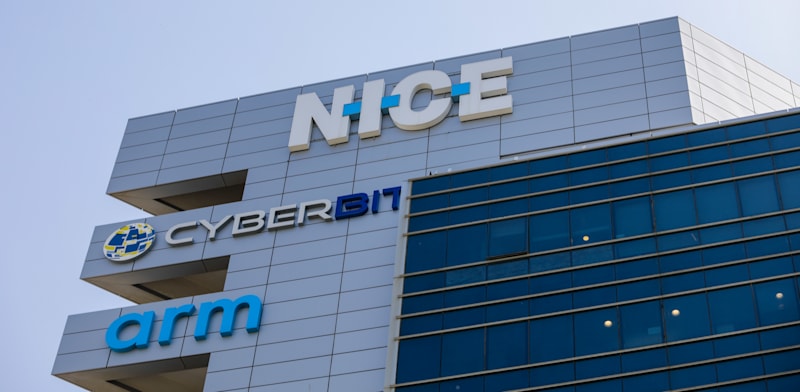winjer
Member

UK chip giant ARM developing GPU in Israel

Arm may be developing a new GPU in bid to challenge Nvidia
Sources report that Arm is working on a new GPU at its development center in Ra'anana, Israel, where a team of up to 100 engineers has been...
 www.techspot.com
www.techspot.com
UK chip giant ARM is developing a graphics processor unit (GPU) in Israel that will compete with Nvidia and Intel, sources familiar with the matter have told "Globes." ARM is estimated to be employing about 100 chip and software development engineers, in its global graphics processing group at its development center in Ra'anana. At this stage, ARM is reportedly engaged in graphic processing for the video game market, and at the same time - as was the case with with Nvidia - the technology could also be used for AI processing, if and when ARM decides to fully enter the field.
ARM's hardware teams in Ra'anana oversee the development of many components of these GPUs, including the flagship Immortalis GPU, while the Israeli software teams develop software interfaces for external graphics engines developers including Vulkan and OpenGL, for game developers in large companies and startups. ARM's Israeli office also deals with software development and development tools, cybersecurity components to protect chip activity, as well as sales and service teams for Israeli chip companies that work with ARM.
ARM's teams in Israel work with startups like Hailo, which has developed an AI chip installed mainly in security cameras. Sources say that the development center assisted Hailo, shortly after its inception, to conduct programming tests, which ultimately helped it to raise $16 million in early-stage financing. Another Israeli company that collaborates with ARM is serial entrepreneur Moshe Tanach's NeuReality. The company, together with ARM and AMD, has developed hardware that eliminates the use of Nvidia's expensive servers, which can cost up to $500,000, and saves on electricity. NeuReality's 7 nm chip uses ARM's Neoverse technology and is designed for complex AI processing operations at data centers and with end devices.
The good news is that there will be more competition in the GPU space. The bad news is that it's focused on AI.
Maybe they can make a version for PC gamers, with fewer Tensor cores and more shader units. But that is probably just wishful thinking.





